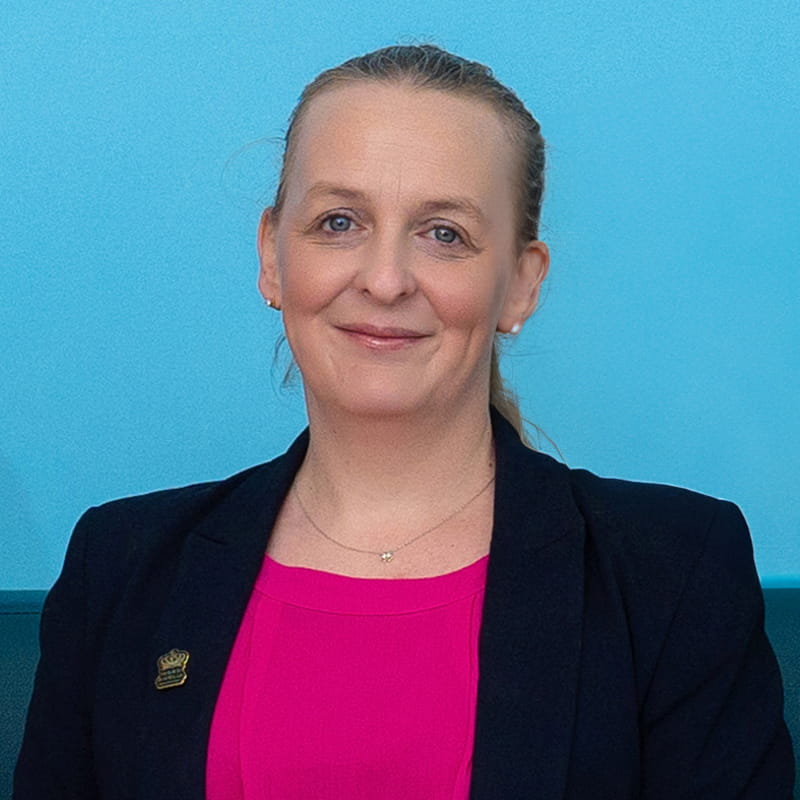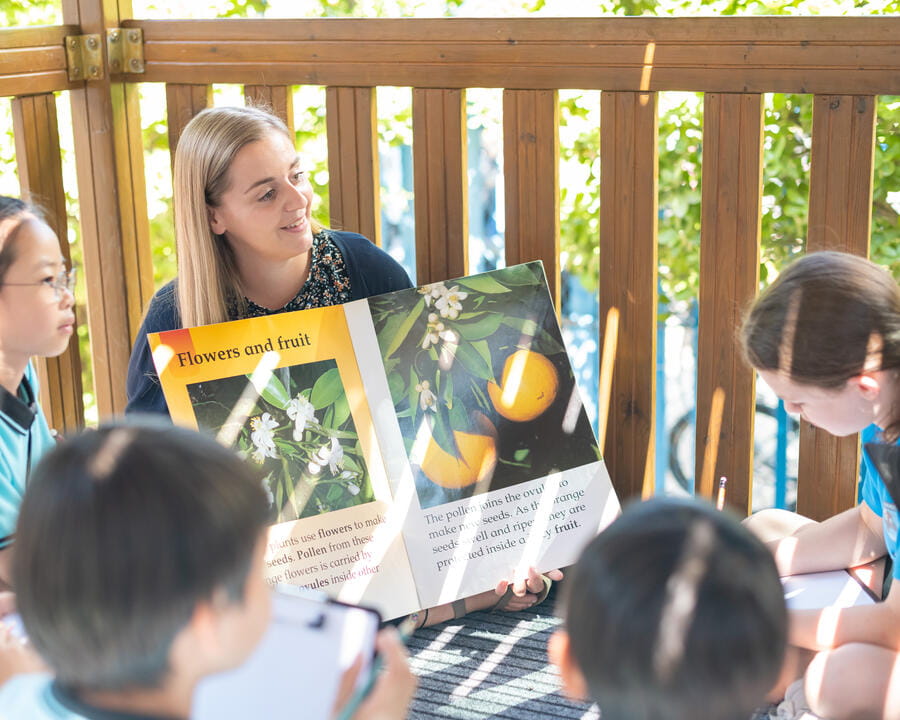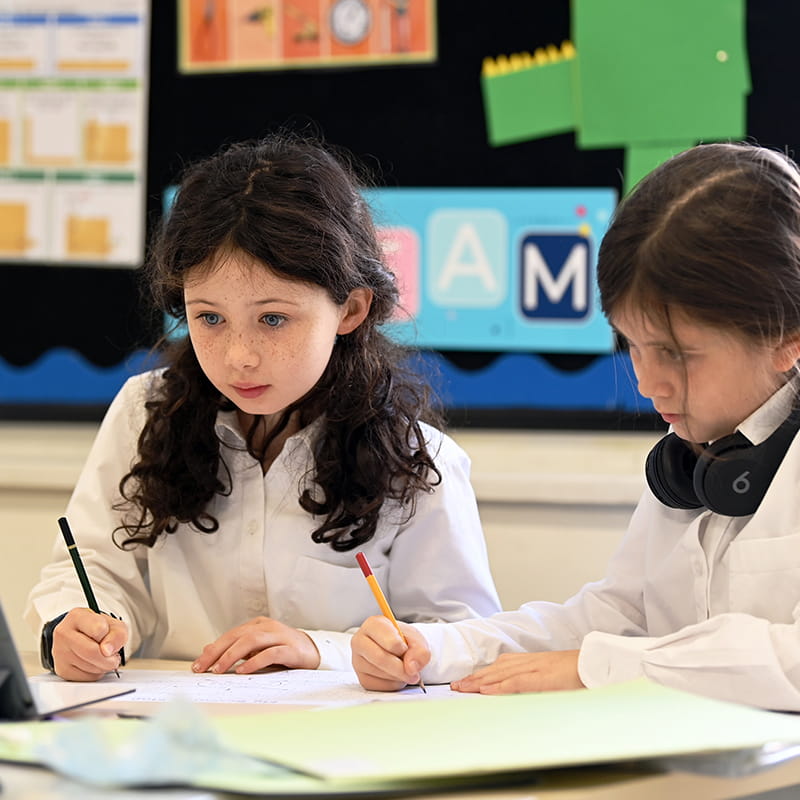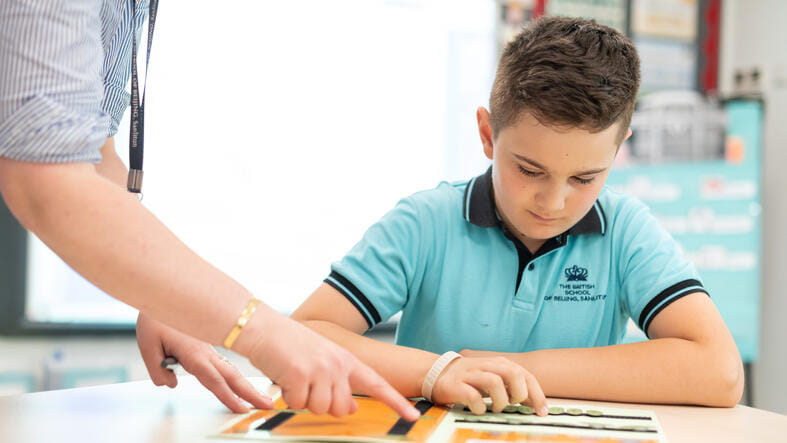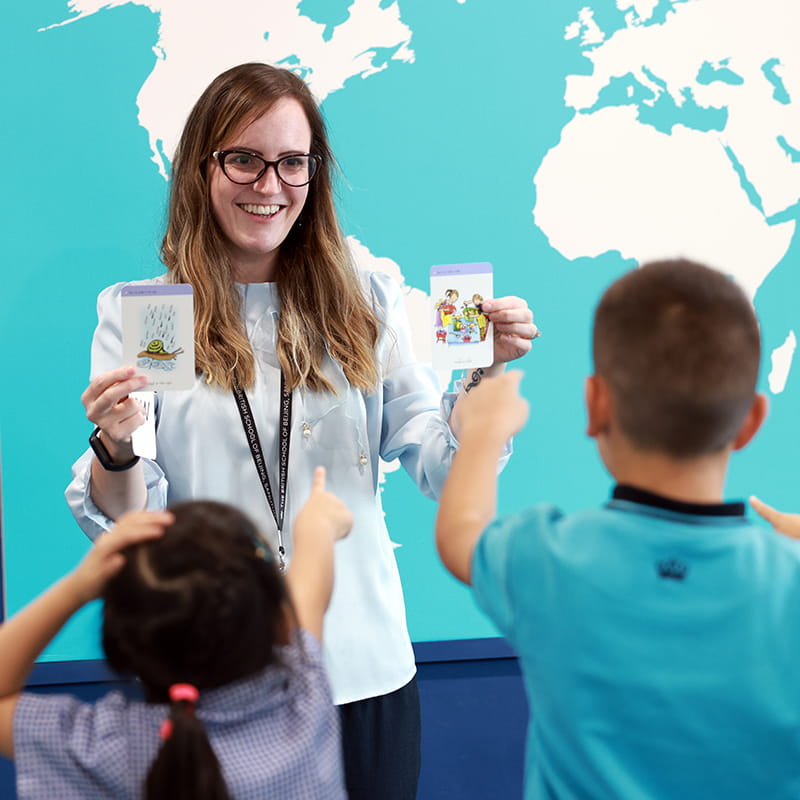We use cookies to improve your online experiences. To learn more and choose your cookies options, please refer to our cookie policy.
CREATING OPPORTUNITIES THROUGH ACHIEVEMENT
At the British School of Beijing, Sanlitun, your child will be welcomed into an international learning community where they can create their own future. Our teachers will guide them through amazing experiences, inspiring them to become successful and results-driven global citizens with a lifetime love of education.
MORE ABOUT OUR ACADEMIC EXCELLENCE

